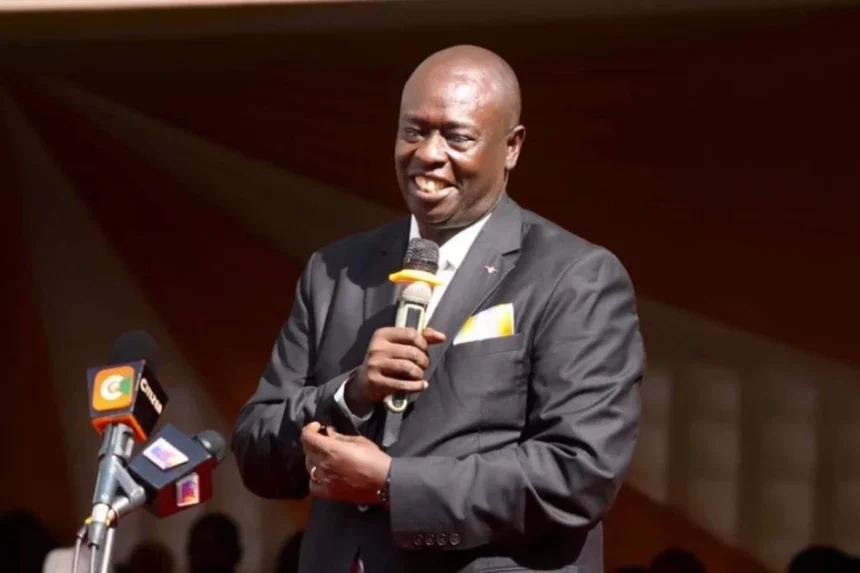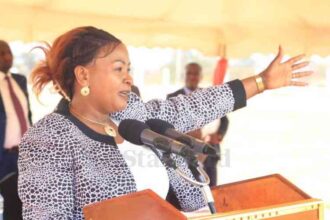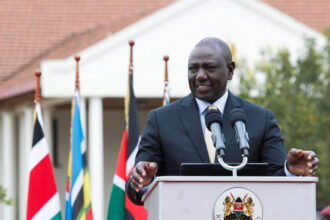The High Court in Nairobi has declined to halt the impeachment motion against Deputy President Rigathi Gachagua.
This decision comes after former United Democratic Alliance (UDA) Secretary-General Cleophas Malala filed a petition arguing that the composition of both the National Assembly and the Senate violates constitutional gender requirements.
Court Ruling Details
Justice Bahati Mwamuye certified Malala’s petition as urgent but did not issue interim orders to stop the impeachment process.
The court directed that all parties involved appear on October 10 for further proceedings. The ruling allows the National Assembly to proceed with discussions regarding Gachagua’s potential removal, which is expected to be tabled soon.
Grounds for Impeachment
The impeachment motion accuses Gachagua of several serious violations, including:
- Promoting ethnically divisive politics
- Undermining the president
- Corruptly acquiring assets using taxpayer money
Additionally, he faces allegations of violating multiple articles related to governance and integrity, raising concerns about his conduct as the principal assistant to the president.
Political Context
He argues that both houses have failed to adhere to the constitutional requirement that no more than two-thirds of elective bodies be of the same gender, as outlined in Articles 27(8) and 81(b) of the Kenyan Constitution.
Next Steps
The court has set a timeline for responses: all parties must file their replies by October 3, with Malala allowed to submit a rejoinder by October 4. The case will be mentioned again on October 7 for further directions.
As political pressure mounts on Gachagua, his allies are mobilizing support to counter the impeachment efforts.

















